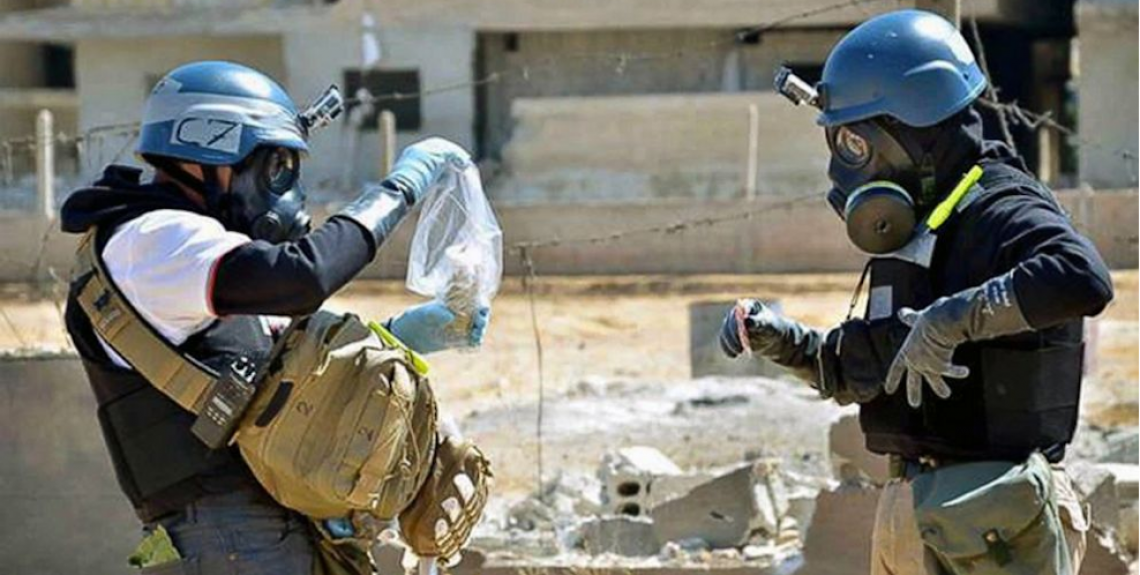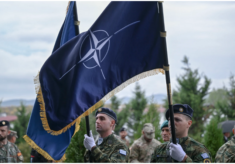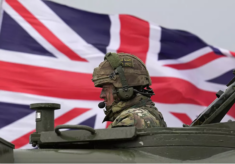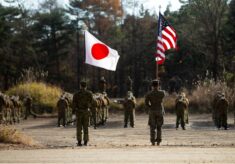Syria has possessed chemical weapons for decades. However, the precise origin of its arsenal is uncertain. Several countries and private companies probably contributed to providing precursors and technologies. The possession of such weapons was tolerated until chemical weapons were totally banned in 1993 by the Paris Chemical Weapons Convention (CWC) to which the vast majority of states adhered. The Middle East was where the Convention took root with the greatest difficulty. The fact that Israel had acquired nuclear weapons while the remaining countries in the region had renounced them, made Arab countries reluctant to give up chemical weapons. To this day, Egypt has not signed this treaty, while Israel has signed but not ratified it.
Examining the past use of chemical weapons in the region, it is important to note that Iraq employed chemical weapons massively in the 1980s during the war against Iran and the memory of the suffering caused by these weapons of mass destruction is still very much alive in the Islamic Republic. Another well-known example was the repression of the Kurdish revolt with the gas attack against the village of Halabja (1988).
During the “Arab Spring” (2011), it was discovered that such weapons were being used in Syria during the civil war. This use was confirmed by investigations carried out by the United Nations and the Organization for the Prohibition of Chemical Weapons (OPCW) based in The Hague. It was clear that the regime bore responsibility. This proven, the Assad regime had crossed the “red line” that Obama had drawn beyond which the United States would have intervened militarily. Nevertheless, in a meeting with Obama, Putin, who at the time met regularly with Western leaders, convinced the US President to desist from an attack by proposing that Syria, in exchange, would adhere to the Paris Convention. Syria became a state party to the CWC in October 2013 and apparently all its declared chemical weapons were removed and verifiably destroyed. Over time, however, it became clear that not all the chemical substances in possession of the Syrian regime had been declared and eliminated, as demonstrated by the fact that they continued to be used in the country.
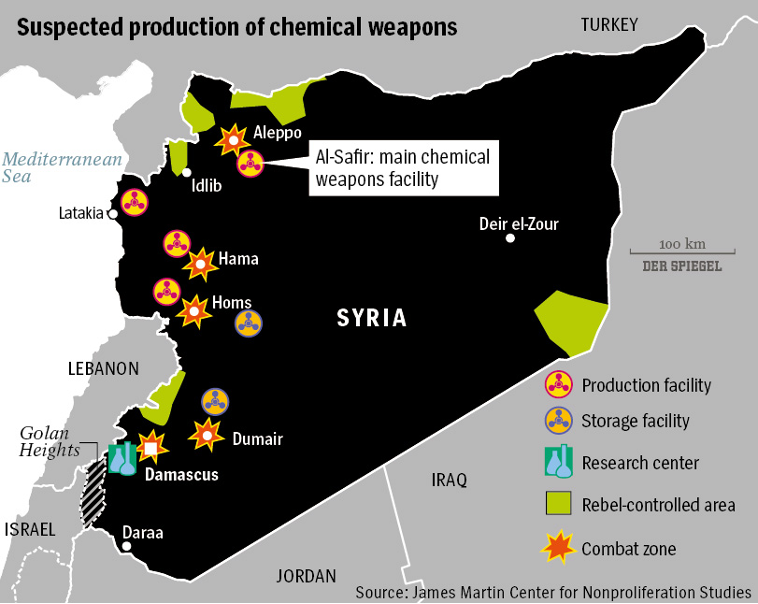
There is no evidence that chemical weapons, which are probably still present on Syrian territory, were used during the very recent rebellion that led to the fall of the Assad regime. This does not mean that the chapter on Syrian chemical weapons is closed. At first, it seemed that the new regime was not ready to address the complex issue and had entrusted Qatar with the task of representing Syria’s international interests at The Hague. More recently, however, the new Syrian authorities seemed inclined to take the matter into their own hands.
As part of the relaunch of dialogue with the international community, the new leadership invited the Director-General of the OPCW, Ambassador Fernando Arias, to visit the country. Such an invitation had never occurred under the Assad regime. The visit took place this year at the beginning of February and the Director General met with Syria’s interim President Ahmad al-Sharaa and Foreign Minister Asaad Hassan al-Shaibani. According to the OPCW, “the meetings were long, productive and very open, with an in-depth exchange of information, which will serve as a basis to reach tangible results and break the stalemate that has lasted for over eleven years”. This visit marks a “reset”, said Director-General Arias who presented a 9-point Action Plan for Syria.
All European Union and NATO member states have ratified the CWC and actively support the total prohibition of chemical weapons. They have all the credentials to take action, be united in encouraging Syria to meet its obligations under the treaty, and in urging Egypt and Israel to turn the page and renounce these odious weapons of mass destruction.
Furthermore, 2025 will mark the 30th anniversary of a Resolution consensually adopted in the Nuclear Non-Proliferation Treaty (NPT) framework that called for the creation of a Zone free of weapons of mass destruction (nuclear, chemical and biological) in the Middle East. With the accession of all states in the region to the CWC, a first concrete step forward could be made once and for all at least in the field of chemical weapons.
Carlo Trezza
Ambassador Trezza is a member of the Executive Board of the NATO Defense College Foundation and a scientific advisor at the Istituto Affari Internazionali in Rome.

